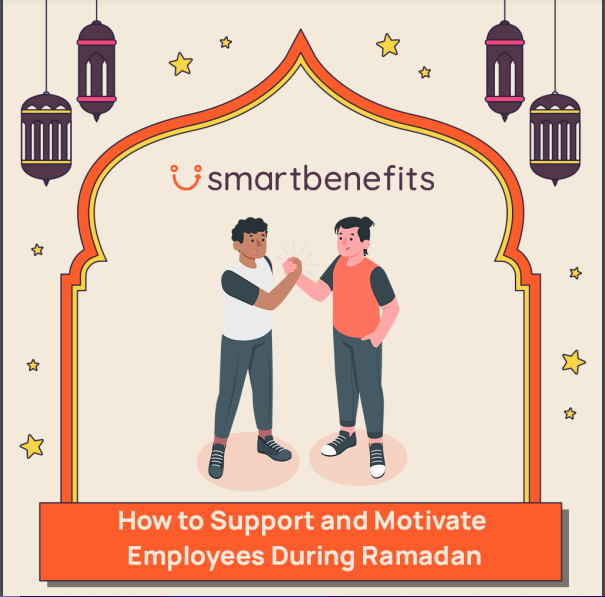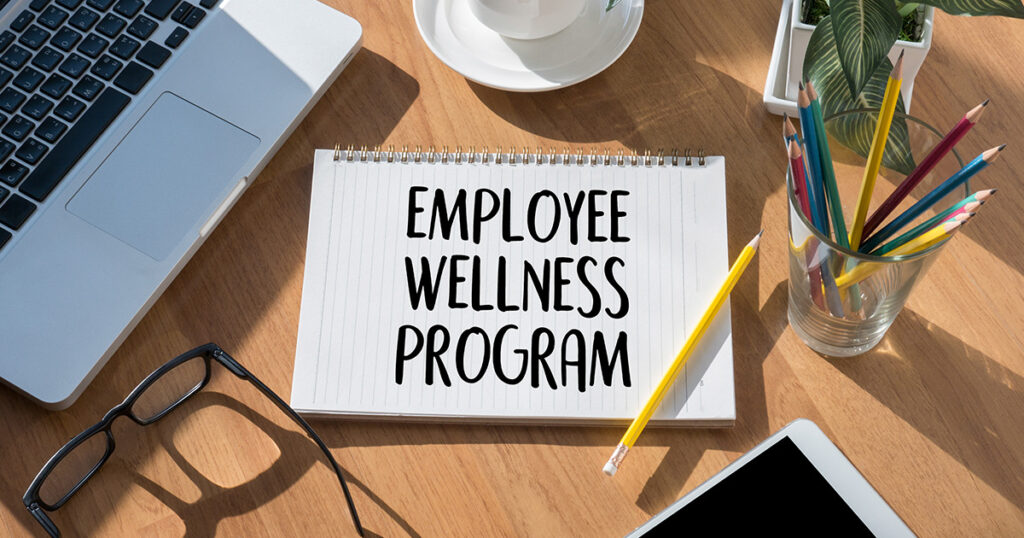Every year on 19 November, the world marks International Men’s Day. We should take the time to acknowledge men’s contributions to society, to shine a light on men’s health, and to raise awareness about the unique challenges men face in Pakistan.
This day feels especially important in Pakistan. Some recent conversations remind us that men in Pakistan are dying younger, and often, corporate life overlooks their health struggles.
We need to talk about the cost of ignoring men’s wellness. It is not just a social issue; it’s also a business risk. When men are healthy, engaged, and supported, they perform better. When they are not, absenteeism, stress, and healthcare costs rise, and companies pay the price.
The Reality: Pakistani Men’s Health Crisis
In Pakistan, men don’t always get the spotlight when it comes to health. According to demographic studies, male life expectancy is significantly lower than female life expectancy. Estimates hover around 65 years for men, versus about 67–70 for women.
On average, Pakistani men are dying younger compared to other countries in the region. This is mainly due to age-independent health issues. Factors like work stress, lifestyle-related diseases, and lack of preventive care are major factors.
Non-communicable diseases (NCDs) like heart disease, diabetes, and respiratory illnesses are among the leading causes of death for Pakistani men. Factor in the societal factors that discourage men from showing vulnerability, seeking help, or even taking routine checkups, and the problem compounds.
Many men delay medical consultations, assuming “it will pass” or worse, believing that asking for help is a sign of weakness.
The Corporate Cost of Ignoring Men’s Health
From a benefits perspective, this is deeply problematic. Poor health among male employees isn’t just a personal crisis; it’s a business risk.
- Productivity Loss
Chronic illness or burnout leads to more sick days. When men don’t manage risk proactively, they may take longer to recover or simply push on while ill. That kind of presenteeism hurts performance.
- Rising Health Claims
When men finally seek care, they are more likely to need hospitalization or advanced treatment. For companies that cover medical insurance, this means higher claims and more volatile costs.
- Talent Drain
Talented professionals may scale back their careers, or even worse, may leave entirely if their health issues force them to reprioritize personal life. This can affect retention and long-term leadership pipelines.
- Missed Opportunity for Wellness ROI
Corporate wellness programmes are often designed without paying enough attention to men’s specific health needs, screening for heart disease, offering stress management, and encouraging mental health talks. That’s a missed chance to save money and support people.
What Companies Should Offer For Male Employees
On International Men’s Day, we have an opportunity to reset our thinking: what does it mean to support men, both in life and at work?
For Individuals:
- Get preventive health checks for blood pressure, cholesterol, and blood sugar, as well as other regular screening tests.
- Tackle mental health concerns early, not as an “illness,” but as an investment in long-term health.
- Try to follow a healthier lifestyle that focuses on regular exercise, a better diet, and quitting smoking and vaping. Small changes can end up making a big difference.
- Be open! Talk about stress, work pressure, and family responsibilities. Sharing is not a burden; it’s part of staying well.
For Employers:
- Build screening and wellness programmes tailored to men’s top health risks, such as cardiovascular diseases and diabetes. You might draw from your group health plan to offer men-focused wellness checks.
- Offer mental health benefits that include counselling, therapy, or digital mental-health tools.
- Encourage work-life balance: flexible hours, remote work, or “off” days can help men juggle stress.
- Communicate health benefits clearly so men know what’s covered and why. Too often, employees don’t claim because they assume something won’t be supported.
For some more ideas on what should be done, visit Beyond Health Insurance: Supplementary Benefits to Enhance Employee Well-being
Why Health Insurance Firms Should Care, Too
At Smartbenefits.pk, our mission is to help individuals and companies make better insurance decisions. When it comes to men’s health, both insurers and benefits advisors must raise their game:
- They should provide male-specific health coverage options like complimentary prostate screening or cardiovascular testing within group plans.
- Try to partner with insurance providers and medical services around awareness days like International Men’s Day to run campaigns focused on men’s health.
- Analyze data analytics so that businesses can see how many male employees are using wellness benefits and use that data to design better policies.
The Bigger Picture: Men’s Health Is a National Priority
Men’s health is not just a corporate issue; it is a national development issue. According to public-health data, Pakistan spends very little on health per capita, and a large portion of that burden falls on individuals. To learn more about why businesses do not focus on insurance, visit Why Many Pakistani Employers Still Avoid Group Health Insurance — and How to Change That.
Because men often do not prioritise preventive care, they miss the chance to reduce long-term costs for themselves, their families, and the healthcare system.
When companies, insurers, and employees come together to recognise and act on men’s health, everyone benefits. Day-to-day performance improves, but more importantly, we create a future where men live longer, healthier lives.
Final Thought
On International Men’s Day, let’s not simply celebrate men’s roles at work or in society; let’s also take a hard look at their health and treat this as a systemic issue. If corporate decision-makers, benefits teams, and individual men all take steps toward better health, the gains will be real: fewer crises, lower financial risk, and ultimately, a stronger, healthier workforce.
Men’s health is not a “nice to have.” It’s central to how we build sustainable organisations and compassionate societies.

Sadia Zaheer holds a Masters in Business Administration from IBA, Karachi. After working in several financial institutions in Client Management, Corporate Lending, Islamic Banking and Product Management she jumped careers to pursue a career in writing.
She is a Finance, Business and HR Development writer with four years of experience. She reads a lot and takes care of her multiple cats to remain calm.



